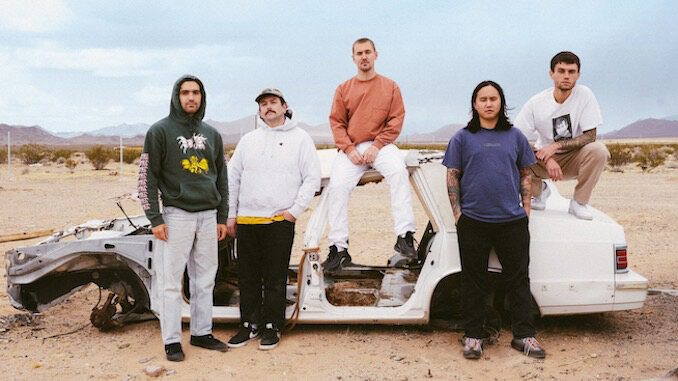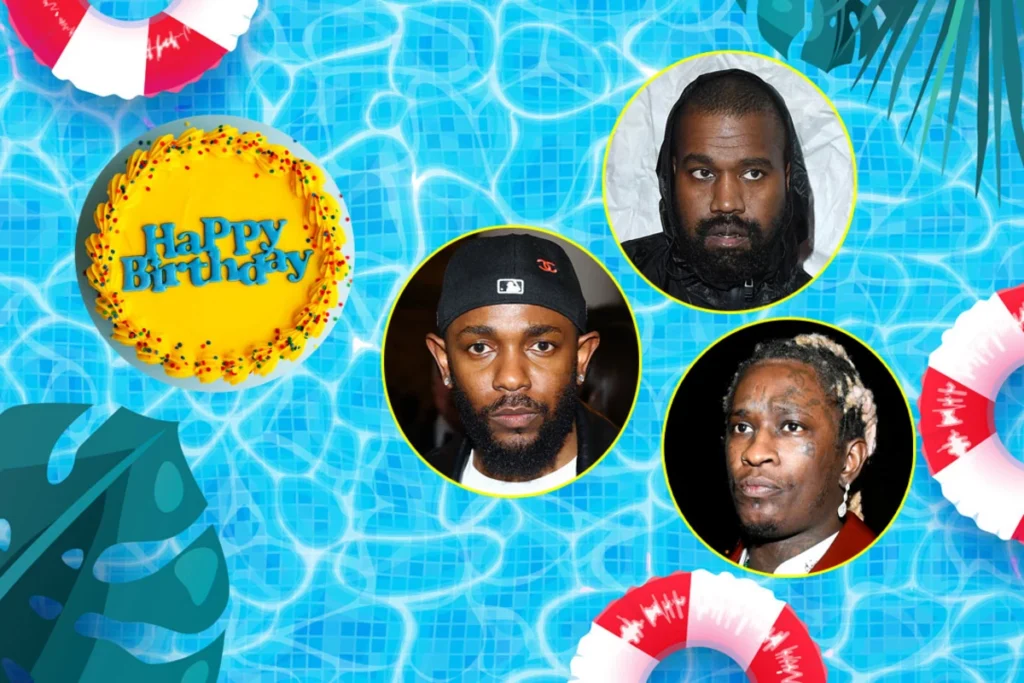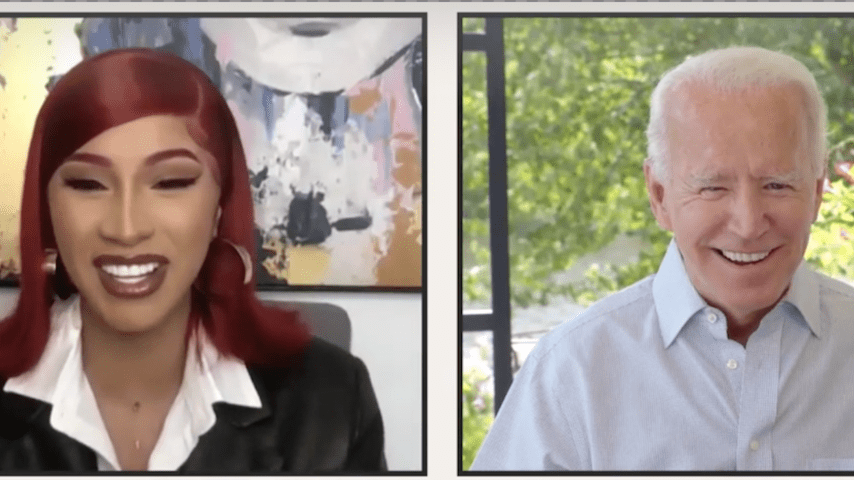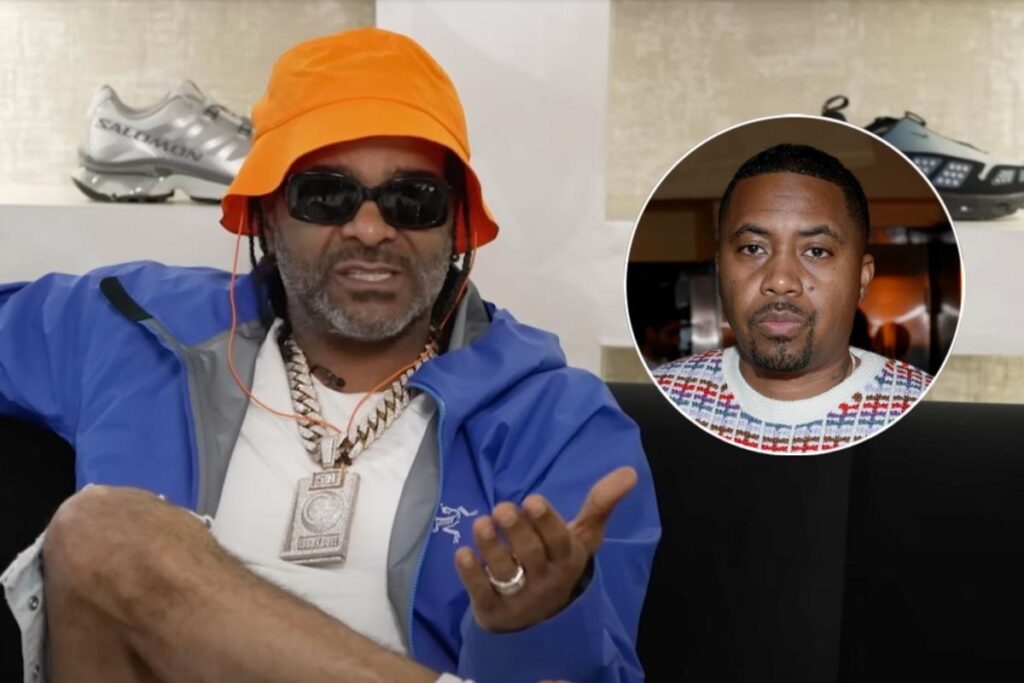For years, Paste has introduced exciting, up-and-coming artists to our readers. This is the return of The Best of What’s Next, a monthly profile column which highlights new acts with big potential—the artists you’ll want to tell your friends about the minute you first hear their music. Explore them all here.
Every young punk kid remembers the first show that introduced them to the genre. For Militarie Gun’s Ian Shelton, it was Ceremony playing in Seattle when he was 15 years old that opened his eyes to the expansive world of hardcore punk and the bustling community sitting outside his Enumclaw, Washington backyard. However, the utopian idea of a local punk scene was not as attainable as Shelton thought.
“I think people kind of thought I was a goober, honestly. They thought I was a punisher, they thought I was lame.”
Throughout our conversation from here on, Shelton refers to the dreaded “s” word as “the scene” in quotes. His voice carries as much love and hope for the music as it does disappointment in it, which spawned his desire to play music.
“My theory is that when you’re not met with open arms, two things happen. One is that you leave it behind altogether, or it becomes your personality. Part of that is why I’m still doing this to this day, which is sad to think about, but it created something in me where I stayed in that exact same scene the whole time. I don’t know how else to rationalize it.”
Shelton’s musical journey mirrors those of other children born at the dawn of the Internet, utilizing file-sharing sites and MySpace to build upon his growing curiosity for everything from Pavement to crust punk. “One of my childhood best friends would always tell me to listen to his MySpace song because he would make fake profiles for Charles Bronson and other punk bands that didn’t have pages,” Shelton remembers with a chuckle. “Then I go on SoulSeek and download anything similar.”
For Shelton, music not only became a passion, but it also became an escape from his tumultuous childhood with an alcoholic parent. The family ultimately decided to move from the Bay Area in California to the foliage of Enumclaw as a way to start fresh in a place where, as Shelton says, “we weren’t as haunted by our own past.”
Shelton credits his mother with laying the groundwork for his vulnerability in his lyricism. “I remember my mother had gone to rehab and we had a drug class in school where the D.A.R.E. officers showed up,” he recalls. “They were talking about rehab and I raised my hand and said, ‘Oh, that’s where my mom is.’ They contacted my parents and my mom said it was okay for me to say that.”
That openness informed Shelton’s life from then on, aided by his mothers’ vulnerability with her path to sobriety. He recalls reading educational books about children with alcoholic parents, and having honest conversations about relapse and recovery. “My mother told me not to hide anything, which essentially made me extroverted in my pain and trauma.”
This outward expression of pain is evident in songs such as “Stuck In A Spin” off Militarie Gun’s All Roads Lead To The Gun EP: “Possessions / Homeless / Looks like I need storage space / Betrayed my own love / Looks like someone’s taking my place.” Shelton’s airy screams brush up against breezy guitar strums and drum crashes as he ruminates on heartache.
However, Shelton has been making music well before Militarie Gun. Within a short span of time, he has become a respected name in hardcore and powerviolence as the creative force behind Regional Justice Center, influenced by heavyweights such as Napalm Death and Charles Bronson. The project was born out of necessity as a way for Shelton to air out his feelings regarding the incarceration of his brother.
With the growing success of Regional Justice Center came Shelton’s positioning as a leading figure in prisoner advocacy within hardcore, a title he disagreed with. “RJC is very personal to me,” Shelton explains. “I’ve used my position in press to talk about the privatized prison system and other things. But other than that, I’ve never once talked about prison reform. I don’t believe it’s possible.” Despite his opposition to the prison system, Shelton struggled with his own issues of control.
“Hearing that I was an asshole at the age of 20 made me wonder how to do this better, and part of that was me stepping back in bands,” he explains. “On the flip side, I learned there are times you have to stick to your guns. Not everyone has taste … in other words, I’m a control freak and an asshole.”
As our conversation progresses, I begin to understand Shelton more, seeing a man with an unshakable vision learning to finally settle into a proper balance between music and life. Shelton figured out a way to share his vision by venturing into directing music videos. The path was forged primarily as a way to appease his parents and grandparents. When he realized writing screenplays would force him to relinquish control of his vision if someone else directed it, Shelton learned to direct instead.
Shelton juxtaposes memorable stills, such as a fully clothed man face-down in a pool or a smiling cop being handcuffed, with vibrant colors and tight direction, inspired by everything from Stanley Kubrick’s obsession with contrasts to the mundane beauty found in broken mirrors and sleepy suburban malls like Kevin Smith. “A Clockwork Orange seems to be the most formative thing for young punks. It made me feel close to subculture and being bad.”
This connection with subversive art and the obsession with its consumption laid the groundwork for what would eventually become Militarie Gun, born out of Shelton’s love for the quirky indie rock that soundtracked much of his life in the Pacific Northwest.
“Going back to the high school version of me that needed guidance, Modest Mouse was a huge part of my life and my love for music and vulnerability and lyricism,” Shelton explains. “Isaac Brock has a huge influence on Militarie Gun, as well as Built to Spill and Guided by Voices, especially as an influence for that compulsive nature that is undeterred.”
That influence can be heard in Shelton’s lyrics—ones that he improvises in the studio—which can sometimes be nonsensical or very straightforward. He particularly points to the lyric, “I want money / I want love,” from “Don’t Pick Up The Phone,” delivered with such an intensity and yearning over the simple backdrop of what almost sounds like a military march. “I want to try and find ways to state things as plainly as possible,” Shelton says. “It’s beat into us to be cool, and I think it’s anti-art in a lot of ways. Don’t try to be cool. Try to say the stupidest thing.”
In many ways, Militarie Gun was a necessary venture for Shelton, whose important work in Regional Justice Center was beginning to define him. While not a bad thing, this inevitably led to many people missing the larger point of the project as not just a statement against incarceration, but also against the emotional toll it takes on a person. As the weight of the pandemic put pressure on Shelton and forced him to take a break from his constant touring schedule, Militarie Gun was a much-needed outlet for his compulsive need to write and process his emotions.
Some will say Shelton is a workaholic or a control freak, and he might agree with those assessments. However, he’s mostly just excited to be able to emerge from a year of uncertainty with a new purpose as he embarks on Militarie Gun’s tour, which begins on Oct. 1. “I feel like so much of my life is dedicated to planning the future, so I have trouble living in the moment. I’m just excited to do it every day. It fills me with joy.”
Jade Gomez is Paste’s assistant music editor, dog mom, Southern rap aficionado and compound sentence enthusiast. She has no impulse control and will buy vinyl that she’s too afraid to play or stickers she will never stick.




